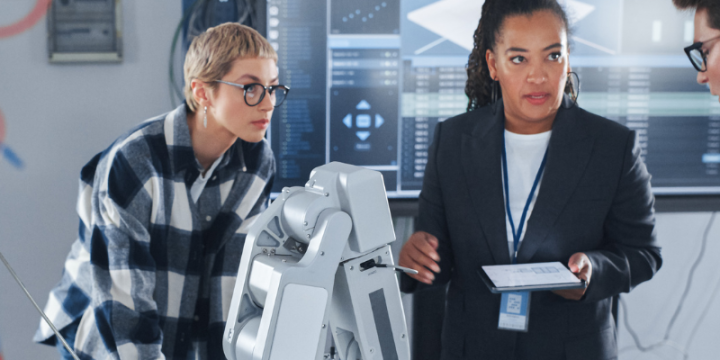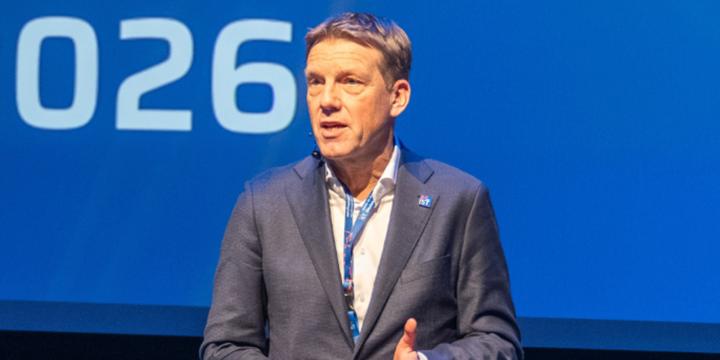In order to promote the production of high-quality green technology (cleantech) by innovative manufacturing companies in the Netherlands, the government is introducing the Investment Subsidy Manufacturing Industry Climate Neutral Economy (IMKE). This new scheme stimulates the establishment of production lines for electrolysis installations, innovative solar panels and batteries. The scheme is an initiative of the National Growth Fund Project GroenvermogenNL. It is the first scheme with which the government supports large-scale production in the high-tech manufacturing industry. A total of €148 million is available.
Innovative technologies for green growth
Electrolysis installations use electricity to convert water into hydrogen and oxygen. Producing electrolysis installations, just like producing and recycling batteries and making solar panels, is important for making the Netherlands more sustainable. These technologies play an essential role in the transition to a green energy supply. They reduce dependence on fossil fuels and ensure that we are less dependent on other countries. These technologies also contribute directly to the growth of new green tech companies and a green economy. The scheme is financed from 3 National Growth Fund projects: GroenvermogenNL (green hydrogen), SolarNL (solar panels) and Material Independence and Circular Batteries (batteries).
Minister Sophie Hermans (Climate and Green Growth):
Building and further developing new and green industry is incredibly important for the Netherlands. Not only for our economy, but also to achieve the climate goals we have agreed upon. Entrepreneurs come up with solutions, but the step to larger production volumes is often difficult. With this investment subsidy, together with 3 National Growth Fund projects, we are taking an important step in building sustainable technologies and the transition to a green economy.
Unique scheme
The IMKE scheme offers direct financial support for investments in production lines for electrolysers, innovative solar panels and batteries. What makes this scheme unique is that companies do not have to demonstrate a direct CO2 reduction. Previously, it was difficult to stimulate these types of technologies because of the required direct CO2 reduction. The reduction of CO2 does not occur directly, but only with the customer who uses the technology, such as in the chemical or construction industry. It is now easier for companies to qualify for the scheme and invest in sustainable technologies. The aim remains, of course, to ultimately ensure lower CO2 emissions.
Companies that meet the conditions can submit an application to the Netherlands Enterprise Agency from 1 October 2024 to 31 January 2025.





